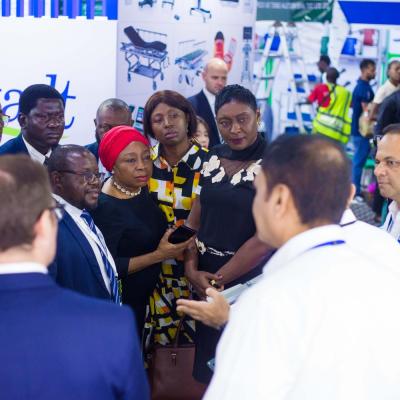Frontpage News (3259)
World Hepatitis Day 2017: Nigeria Still Among Countries with Highest Burden
 It’s that time of the year again when all efforts are geared towards stemming the tide of the deadly monster of viral hepatitis. A laudable initiative of the World Health Organisation, it is debateable if stakeholders across the globe are keying into the vision of the apex health institution, as many member countries are yet to reduce their burden.
It’s that time of the year again when all efforts are geared towards stemming the tide of the deadly monster of viral hepatitis. A laudable initiative of the World Health Organisation, it is debateable if stakeholders across the globe are keying into the vision of the apex health institution, as many member countries are yet to reduce their burden.
One of those countries yet to significantly eliminate its load of the viral disease is Nigeria, which still emerged among the 11 countries with about 50% of the global weight of chronic hepatitis. Countries in this group are Brazil, China, Egypt, India, Indonesia, Mongolia, Myanmar, Nigeria, Pakistan, Uganda, and Viet Nam.
Hepatitis can be prevented if hospitals reduce unnecessary injections – WHO
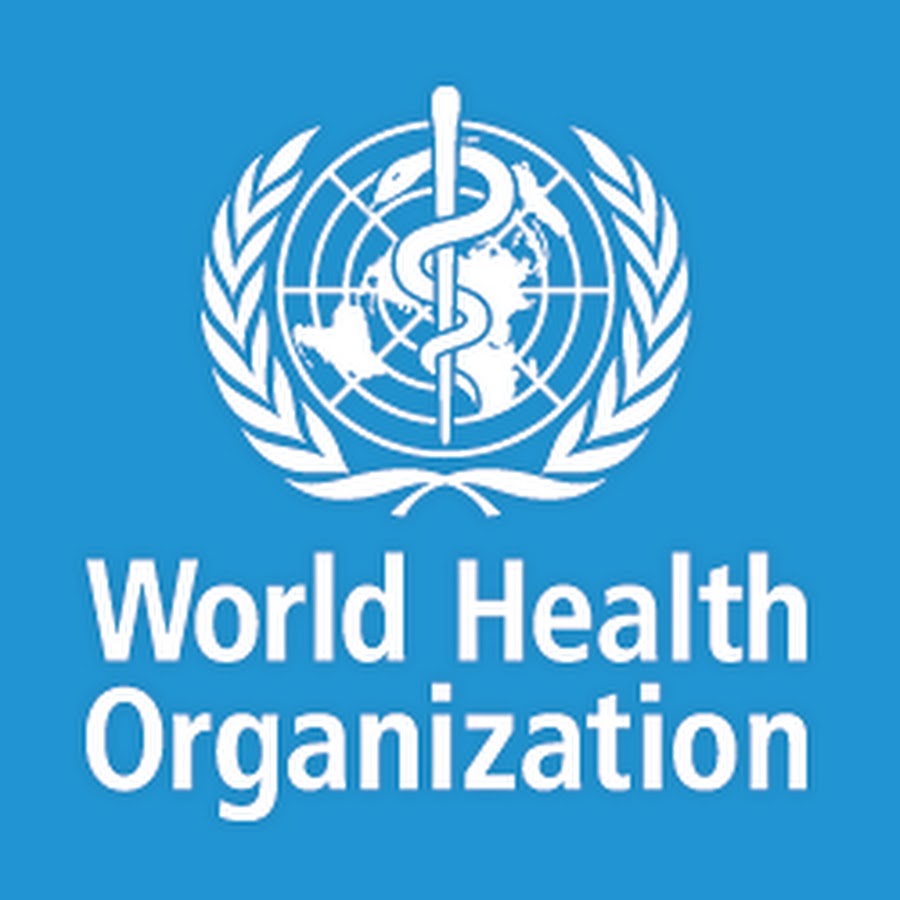 WHO says many hepatitis cases could be prevented if hospitals reduced the vast number of unnecessary injections that help spread the disease. The UN agency launched a broad campaign against unnecessary injections on the eve of World Hepatitis Day, which is celebrated every year on July 28.
WHO says many hepatitis cases could be prevented if hospitals reduced the vast number of unnecessary injections that help spread the disease. The UN agency launched a broad campaign against unnecessary injections on the eve of World Hepatitis Day, which is celebrated every year on July 28.
“Every year, contaminated needles and transfusion equipment cause nearly 2 million infections with the virus that causes chronic liver disease, as well as nearly 34,000 HIV infections.

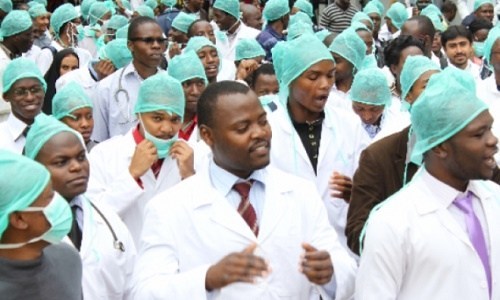 The National Association of Resident Doctors has expressed its frustration over the inability of the federal government to train and ensure the welfare of its members.
The National Association of Resident Doctors has expressed its frustration over the inability of the federal government to train and ensure the welfare of its members.
The National President of the association, John Onyebueze, who said this during the National Executive Council meeting held in Calabar on Wednesday, added that federal government’s insincerity has often forced resident doctors to express indifference toward patients’ conditions.
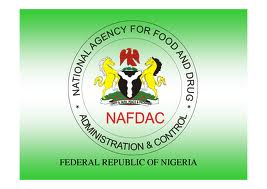 The National Agency for Food and Drug Administration and Control has said that there are no “killer” antimalarial medicines in circulation in the country.
The National Agency for Food and Drug Administration and Control has said that there are no “killer” antimalarial medicines in circulation in the country.
NAFDAC‘s Acting Director-General, Dr. Yetunde Oni, at a press briefing in Lagos on Tuesday, also urged Nigerians not to panic over the news of banned anti-malarial drugs been sold in the country.
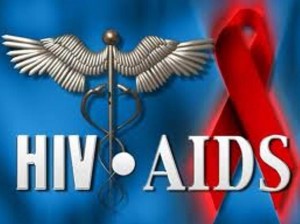 WHO alerts countries to the increasing trend of resistance to HIV drugs detailed in a report based on national surveys conducted in several countries. The Organization warns that this growing threat could undermine global progress in treating and preventing HIV infection if early and effective action is not taken.
WHO alerts countries to the increasing trend of resistance to HIV drugs detailed in a report based on national surveys conducted in several countries. The Organization warns that this growing threat could undermine global progress in treating and preventing HIV infection if early and effective action is not taken. The National Health Insurance Scheme (NHIS) came under focus in the last few weeks following allegations of fraud levelled against its Executive Secretary, Professor Usman Yusuf, and his eventual suspension with eight other officials by the Minister of Health, Professor Isaac Adewole. Already, a 14-member probe panel has been set up to investigate the allegations against Yusuf and to scrutinize the activities of the agency to expose the extent of rot in the scheme.
The National Health Insurance Scheme (NHIS) came under focus in the last few weeks following allegations of fraud levelled against its Executive Secretary, Professor Usman Yusuf, and his eventual suspension with eight other officials by the Minister of Health, Professor Isaac Adewole. Already, a 14-member probe panel has been set up to investigate the allegations against Yusuf and to scrutinize the activities of the agency to expose the extent of rot in the scheme.
 No country in the world fully meets recommended standards for breastfeeding, a new report by the United Nations International Children’s Emergency Fund (UNICEF) and the World Health Organization (WHO) in collaboration with the Global Breastfeeding Collective revealed.
No country in the world fully meets recommended standards for breastfeeding, a new report by the United Nations International Children’s Emergency Fund (UNICEF) and the World Health Organization (WHO) in collaboration with the Global Breastfeeding Collective revealed.
The Global Breastfeeding Scorecard, which evaluated 194 nations, found that only 40 per cent of children younger than six months are breastfed exclusively (given nothing but breast milk) and only 23 countries have exclusive breastfeeding rates above 60 per cent.
 lagos—The Minister of Health, Prof. Isaac Adewole, yesterday said that 80 percent of cancer cases in the country are curable even as he disclosed that the Ministry’s database shows that 50 percent of corpses flown into the country involve cancer-related deaths. Meanwhile, the Federal Government has put in place plans to address the menace of the disease, particularly, as it concerns six major cancers in the country, including breast, cervix, colorectal, prostrate, liver and lymphoma.
lagos—The Minister of Health, Prof. Isaac Adewole, yesterday said that 80 percent of cancer cases in the country are curable even as he disclosed that the Ministry’s database shows that 50 percent of corpses flown into the country involve cancer-related deaths. Meanwhile, the Federal Government has put in place plans to address the menace of the disease, particularly, as it concerns six major cancers in the country, including breast, cervix, colorectal, prostrate, liver and lymphoma.
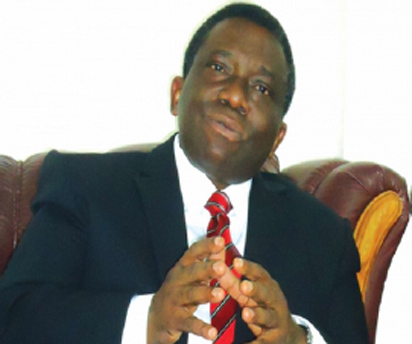 The Minister of Health, Prof. Isaac Adewole has reiterated the commitment of Federal Government towards the elimination of viral hepatitis in Nigeria by 2021. Isaac-Adewole The Minister made this statement at a press briefing to commemorate the 2017 World Hepatitis Day with theme ‘’Eliminate Hepatitis’’, in Abuja. Adewole who noted that the First Global Health Sector Strategy on viral hepatitis for 2016-2021, which was approved during the Sixty- Ninth World Health Assembly in 2016, added that there was need for all stakeholders to take proactive steps of knowing their status by getting tested and finally seek for treatment to reduce needless deaths from this preventable and treatable infection.
The Minister of Health, Prof. Isaac Adewole has reiterated the commitment of Federal Government towards the elimination of viral hepatitis in Nigeria by 2021. Isaac-Adewole The Minister made this statement at a press briefing to commemorate the 2017 World Hepatitis Day with theme ‘’Eliminate Hepatitis’’, in Abuja. Adewole who noted that the First Global Health Sector Strategy on viral hepatitis for 2016-2021, which was approved during the Sixty- Ninth World Health Assembly in 2016, added that there was need for all stakeholders to take proactive steps of knowing their status by getting tested and finally seek for treatment to reduce needless deaths from this preventable and treatable infection.
More...
 The immediate past governor of Ondo State, Dr Olusegun Mimiko, has declared that political will and public financing are key to attainment of Universal Health Coverage, UHC, in Nigeria and the developed world.
The immediate past governor of Ondo State, Dr Olusegun Mimiko, has declared that political will and public financing are key to attainment of Universal Health Coverage, UHC, in Nigeria and the developed world.
Mimiko who spoke in Lagos at the maiden Scientific Conference of the Association of Feto-Maternal Specialists of Nigeria, AFEMSON, themed “Reducing Maternal and Perinatal Mortality, A Collective Responsibility,” called for the right leadership and political will to utilise public fund towards UHC. Presenting his keynote address, Mimiko who observed that from where he quoted data and reports of global and national agencies on the gains and challenges of UHC, said players and policy makers have agreed that Universal Health Coverage delivers substantial health, economic and political benefits across populations.
Counterfeit drugs: Nigeria sets up coordinated centres for drugs distributors
 The National Drug Distribution Guidelines is set to take off in Nigeria under which drug sellers in every community would operate from a central location.
The National Drug Distribution Guidelines is set to take off in Nigeria under which drug sellers in every community would operate from a central location.
The Minister of Health, Isaac Adewole, disclosed this on Monday in Lagos during a visit to the Oba of Lagos, Rilwan Akiolu, to solicit his support for the Coordinated Warehouse Centre in Lagos state. With the creation of the centres, government plans to move all drug traders from open drug markets to one location, as part of the fight against counterfeit drugs.
 A new survey conducted by Nigerian Polling organisation, NOIPolls, in partnership with Nigeria Health Watch, has shown that about eight out of every 10, representing 88 percent of medical doctors in Nigeria are currently seeking work opportunities abroad.
A new survey conducted by Nigerian Polling organisation, NOIPolls, in partnership with Nigeria Health Watch, has shown that about eight out of every 10, representing 88 percent of medical doctors in Nigeria are currently seeking work opportunities abroad.  Researchers have found Ebola Ribo Nucleic Acid (RNA)/genetic material in the semen of survivors two years after infection. They are calling on the World Health Organization (WHO) to update its guidelines on sexual transmission.
Researchers have found Ebola Ribo Nucleic Acid (RNA)/genetic material in the semen of survivors two years after infection. They are calling on the World Health Organization (WHO) to update its guidelines on sexual transmission.

